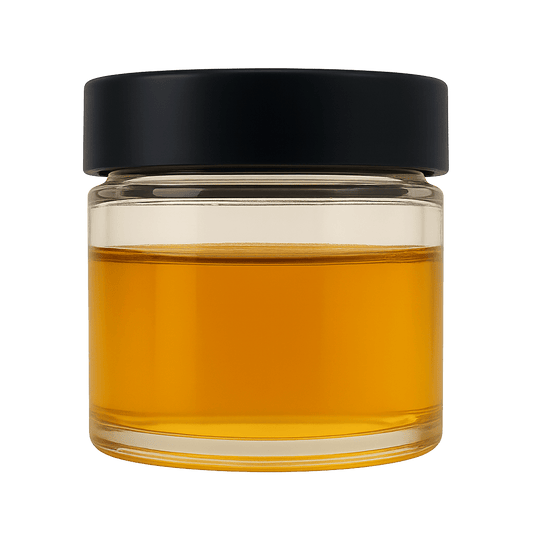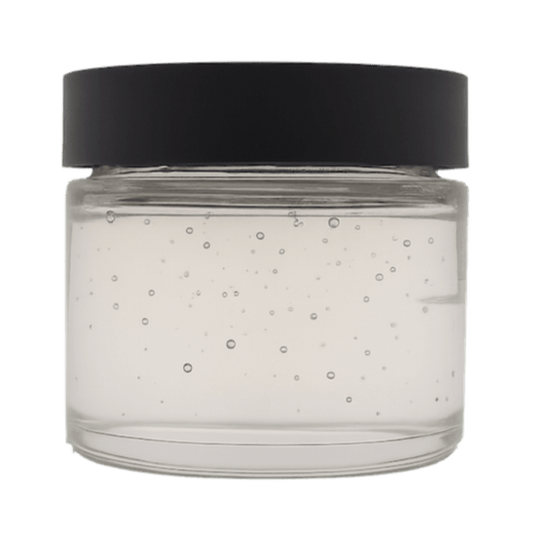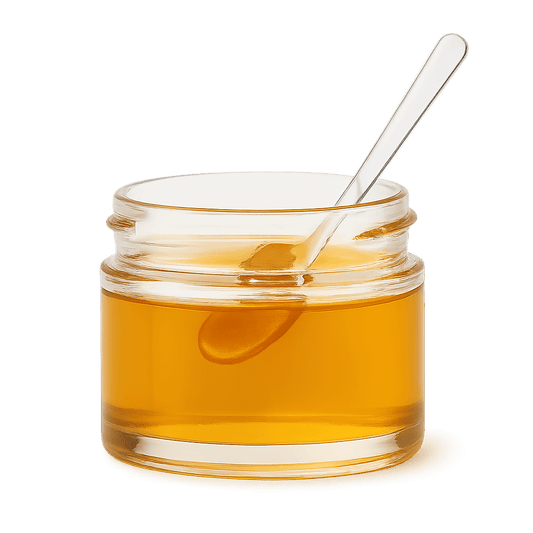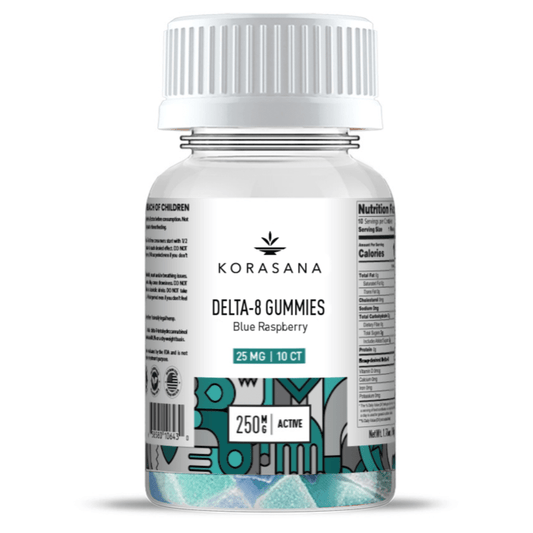Is Delta 8 THC Legal in Connecticut?
YES - Delta 8 THC is Legal in Connecticut
Delta-8 THC is legal in Connecticut, but with specific regulations. The state has regulated the distribution and sale of hemp-derived delta 8 products, making them legal. However, these products can only be offered by state-registered cannabis dispensaries, and the total concentration of THC (including delta 8 THC) in hemp products cannot exceed 0.3% by weight.
Senate Bill 1201, passed in July 2021, established adult-use cannabis as legal in Connecticut and clarified regulations surrounding THC products. This bill includes delta 8 among other types of THC, allowing products with a THC concentration of more than 0.3% on a dry weight basis. Nevertheless, it's important to note that THC products can only be bought and sold in state-licensed dispensaries, which means you cannot legally buy Delta-8 THC online in Connecticut, even if it is derived from hemp.
Legal Status of Delta-8 THC in Connecticut
Federal Legislation
On the federal level, the Hemp Farming Act of 2018, part of the Agriculture Improvement Act of 2018, legalized hemp and all its derivatives, extracts, cannabinoids, isomers, acids, salts, and salts of isomers with a delta-9 tetrahydrocannabinol concentration of not more than 0.3 percent on a dry weight basis. This legislation federally legalized hemp-derived cannabinoids, including Delta 8 THC, provided they meet the specified THC concentration threshold. However, the interpretation and enforcement of this law can vary by state, and Connecticut has chosen to regulate THC products, including Delta 8, within its own legal framework.
Delta 8 THC Possession and Purchase in Connecticut
According to the state's regulations, Delta 8 THC products are legal in Connecticut but must adhere to the state's cannabis laws, including the limitation that these products can only be purchased from licensed dispensaries. The law also sets possession limits for cannabis products, including Delta 8 THC, allowing individuals to possess specific amounts of cannabis plant material and its derivatives within the legal thresholds.
Implications for Delta 8 Consumers in Connecticut
For consumers in Connecticut, this means that while Delta 8 THC is legal, they must purchase it through state-licensed channels, typically dispensaries. This approach ensures that the products meet quality and safety standards set by the state. Consumers are advised to verify the licensure of the dispensaries from which they purchase Delta 8 products to ensure compliance with Connecticut law.
In conclusion, the legality of Delta 8 THC in Connecticut is framed by Senate Bill 1201 and federal legislation, both of which allow for the regulated sale and possession of Delta 8 THC products within certain parameters. Consumers must navigate these regulations carefully, purchasing only from licensed dispensaries to ensure their compliance with state law.
SUBSTITUTE SENATE BILL NO. 893
Public Act No. 19-3: Section 1.
(7) “Federal act” means the United States Agricultural Marketing Act of 1946, 7 USC 1621 et seq., as amended from time to time;
(11) “Hemp” has the same meaning as provided in the federal act;
TITLE II ‘‘Agricultural Marketing Act of 1946’ Subtitle G—Hemp Production
SEC. 297A. ø7 U.S.C. 1639o DEFINITIONS.
(1) HEMP.—The term ‘‘hemp’’ means the plant Cannabis sativa L. and any part of that plant, including the seeds thereof and all derivatives, extracts, cannabinoids, isomers, acids, salts, and salts of isomers, whether growing or not, with a delta-9 tetrahydrocannabinol concentration of not more than 0.3 percent on a dry weight basis.
(12) “Hemp products” means products with a delta-9 tetrahydrocannabinol concentration of not more than 0.3 percent on a dry weight basis derived from, or made by, the processing of hemp plants or hemp plant parts;
TITLE 21A. CHAPTER 420B - DEPENDENCY-PRODUCING DRUGS.
PART I – GENERAL PROVISIONS. Sec. 21a-240. Definitions.
(29) “Marijuana” means all parts of any plant, or species of the genus cannabis or any infraspecific taxon thereof, whether growing or not; the seeds thereof; the resin extracted from any part of the plant; and every compound, manufacture, salt, derivative, mixture, or preparation of such plant, its seeds or resin. Marijuana does not include the mature stalks of such plant, fiber produced from such stalks, oil or cake made from the seeds of such plant, any other compound, manufacture, salt, derivative, mixture or preparation of such mature stalks, except the resin extracted therefrom, fiber, oil, or cake, the sterilized seed of such plant which is incapable of germination, or industrial hemp, as defined in 7 USC 5940, as amended from time to time. Included are cannabinon, cannabinol or cannabidiol and chemical compounds which are similar to cannabinon, cannabinol or cannabidiol in chemical structure or which are similar thereto in physiological effect, and which show alike potential for abuse, which are controlled substances under this chapter unless modified;
7 U.S. Code § 5940. Legitimacy of industrial hemp research
(2) Industrial hemp – The term “industrial hemp” means the plant Cannabis sativa L. and any part of such plant, whether growing or not, with a delta-9 tetrahydrocannabinol concentration of not more than 0.3 percent on a dry weight basis.
The information provided on this website does not, and is not intended to, constitute legal advice or any statements regarding the status of any laws. The information, content, and materials present on this site are for general informational purposes only and should not be relied upon for any specific purpose. Laws vary across different states and are subject to change. Therefore, information on this website might not reflect the most recent legal or other developments. Read our full legal disclaimer HERE.






